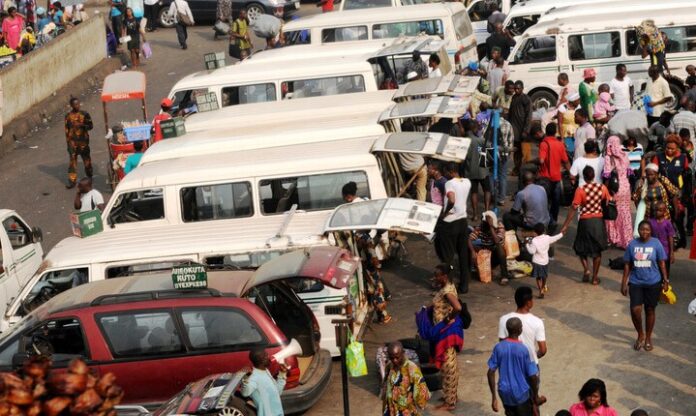BY Milcah Tanimu
Oil marketers in northern Nigerian states, including Niger, Benue, Kano, and Plateau, have recently raised the pump prices of Premium Motor Spirit, commonly known as petrol. The Independent Petroleum Marketers Association of Nigeria (IPMAN) confirmed this price hike, attributing it to the increased cost of diesel used for transporting petrol from the southern regions to the northern areas.
As of now, the ex-depot price of petrol at private tank farms in these states has surged to a range of N610/litre to N615/litre. Consequently, independent marketers have adjusted their retail prices at filling stations, with rates varying between N630/litre and N680/litre, contingent on the specific location of purchase. The ex-depot price is the cost at which marketers procure products at depots, subsequently influencing the price at which they offer them to consumers.
Approximately two weeks ago, petrol prices at filling stations run by independent marketers in the North ranged from N617/litre to N625/litre. However, prices have now risen to a range of N640/litre to N680/litre.
Independent marketers operate around 70% of filling stations nationwide, making them significant suppliers of petrol to the majority of Nigerians across the country.
The IPMAN spokesperson, Chief Ukadike Chinedu, explained the price increase, stating, “Because we are importing PMS, the products arrive through coastal areas. Trucks have to cover long distances to transport products from these coastal regions to the far North and other distant areas. Logistics issues, foreign exchange rates, and the high cost of diesel are also contributing factors. The diesel price is approximately N1,200/litre, and we rely on diesel to move the trucks that distribute products to filling stations. Additionally, the poor condition of roads results in trucks spending extended periods on the road while transporting products to retail outlets, further adding to the overall expenses, which ultimately affect pump prices.”
Mohammed Shuaibu, the Secretary of IPMAN Abuja-Suleja, emphasized that the soaring cost of doing business was unsustainable and called for government efforts to revitalize domestic refineries. He noted, “The price of petrol will continue to fluctuate as long as we rely on foreign exchange to import it. We’ve seen fluctuations in foreign exchange rates, so the ultimate solution lies in domestic crude oil refining. Until our refineries are operational, we will continue to face these challenges.”
The high transportation costs are directly impacting petrol prices in northern regions. In Niger State, nearly all fuel stations have increased their pump prices compared to two weeks ago, when prices ranged from N617 to N640 per litre. In Minna, all fuel stations have established a uniform price of N650 per litre.
In Benue State’s capital, Makurdi, petrol prices now range between N655 and N660 per litre, a significant increase from about two weeks ago when the product was sold between N630 and N635 per litre. In Jos, the capital of Plateau State, many motorists are voicing their dissatisfaction with the abrupt hike in petrol prices. Several filling stations are now selling petrol above the official post-subsidy removal prices, with rates reaching N670 per litre, compared to N640 to N650 per litre in the previous week.
Residents in Sokoto State also reported elevated petrol prices, with NNPC filling stations selling at N615 to N620 per litre, while other major marketers are charging between N640 and N650 per litre. Independent marketers’ filling stations in Sokoto State are selling petrol at rates ranging from N680 to N690 per litre.
Notably, these surging fuel prices have led some car owners to park their vehicles due to the increasing cost of fuel, affecting daily transportation and the price of essential commodities.

